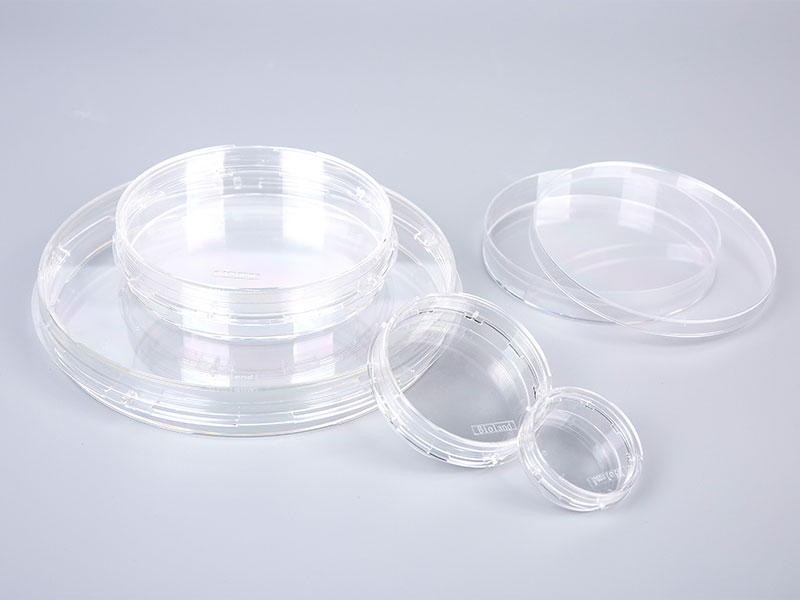How has the understanding of cell culture technology impacted medical and biological research throughout history?
Cell culture technology has revolutionized medical and biological research by providing a controlled environment to study and manipulate cells outside of their natural setting. Central to this technology are cell culture dishes, fundamental tools that have evolved significantly to meet the demands of modern research. These dishes are designed with meticulous attention to detail, incorporating features such as innovative designs for experimental reliability, enhanced contamination control, and user-friendly handling mechanisms like easy-grip designs to prevent mishaps during manipulation.
The impact of cell culture technology on medical and biological research spans centuries, beginning with the pioneering work of early scientists who explored the growth and behavior of cells in artificial environments. Cell culture dishes play a crucial role in maintaining sterile conditions, crucial for ensuring the integrity of experiments. The use of irradiation sterilization and certifications such as RNase-free, DNase-free, pyrogen-free, and cytotoxin-free underscores their importance in maintaining cell health and experimental reproducibility.

Throughout history, advancements in cell culture technology have facilitated breakthroughs across various disciplines. From understanding fundamental cellular processes to developing vaccines, drugs, and therapies, cell culture dishes have been indispensable. They allow researchers to study disease mechanisms, screen potential treatments, and model complex biological systems in a controlled laboratory setting.
Moreover, the evolution of cell culture dishes reflects broader trends in scientific inquiry and technological innovation. Innovations in surface treatments to improve cell adhesion, transparency for better microscopy visualization, and uniformity in design to ensure consistent experimental conditions have all contributed to the advancement of biomedical research. These advancements not only enhance the efficiency and reliability of experiments but also broaden the scope of what researchers can achieve in their quest to understand and treat human diseases.
In conclusion, the understanding and refinement of cell culture technology, supported by the innovation and reliability of cell culture dishes, have profoundly impacted medical and biological research. They have enabled researchers to delve deeper into the complexities of cellular biology, accelerate drug discovery processes, and pave the way for personalized medicine approaches. As technology continues to evolve, cell culture dishes will undoubtedly remain a cornerstone of scientific progress, driving future breakthroughs in our understanding and treatment of human health and disease.
For more information, please call us at +86-0571-87993109 or email us at hzbioland@126.com.
Aseptic vacuum filters, like Bioland™ disposable vacuum filtration units, are designed for high-effi...
Whether used in the food hygiene industry, water monitoring, or research labs, selecting the right m...
Narrow-mouth reagent bottles are essential tools in laboratories, offering precise storage solutions...
In laboratory diagnostics, particularly in PCR (Polymerase Chain Reaction) testing, efficiency is pa...
When working with the Bioland™ Cell Shaker, one of the most crucial factors in ensuring successful c...
Polymerase chain reaction (PCR) is one of the most vital techniques in molecular biology, allowing s...

 中文简体
中文简体 English
English Español
Español русский
русский











